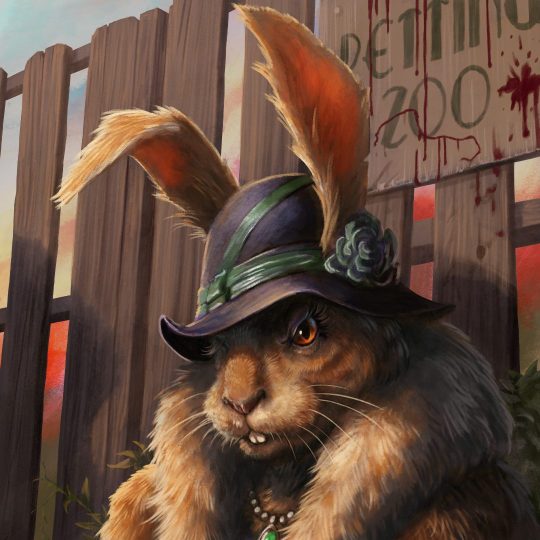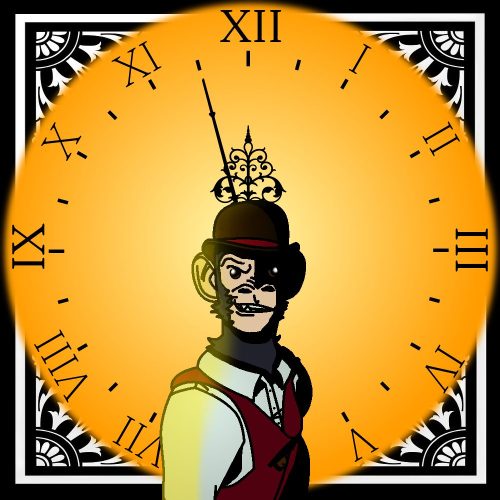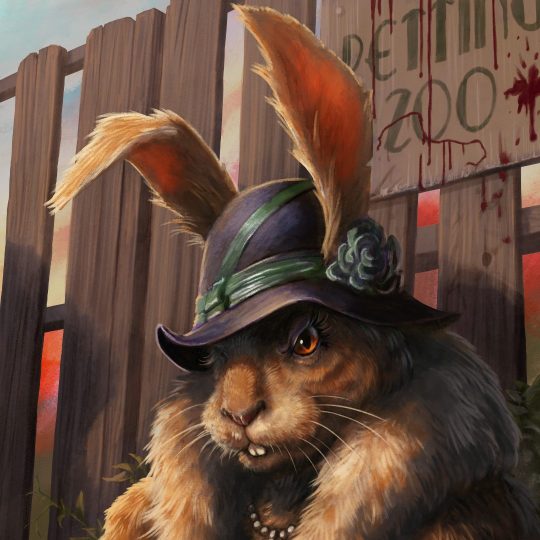
Rune Stones and Rune Transportation in Tabletop RPGs
Hello Nerdarchy fans. Today I want to talk about a potential house rule you can add to your tabletop roleplaying game like fifth edition Dungeons & Dragons — rune port transportation. Many of you have played video games that used way points or some form of magic portal allowing easy travel and access to other areas of your realm. Essentially that is what we’re exploring. For those of you unfamiliar with the concept this would be a sigil or glyph created on the ground imbued with magic allowing one to magically travel to another such location.

Rune stones in a tabletop roleplaying game
There are many pros and cons to using this idea in a tabletop roleplaying game. So I will give you the basic idea and allow you as a Dungeon Master to make the call as to whether you feel it is worth it to add it to your game. I view Rune Ports as created with ancient magic, though if you are in a magic enriched world there is nothing to say you could not create more. The ancient magic used to create them could be lost or not, your call. Rune Ports are almost always created on a ley lines or places of confluences of magical power, as the ports feed on this power to fuel the transportation.
In order to use a rune port you need rune stones, one per person using the rune port. Rune stones are minor magical items easily crafted. Once made, rune stones look like normal rocks, but still radiate magic if detected. A rune stone does nothing until an individual attunes to it. Once this is done a unique glyph or marking appears on the stone. It will appear as something of meaning to the attuned.
Once the rune stone is attuned the stone begins to create a memory of any Rune Port it comes into contact with. So if you access the Rune Port in one city and travel to another you can use the Rune Port to travel back to the Port in the first city. Pretty simple, right?
Advantages of Rune Ports in roleplaying games
You can use the finding, creation or activation of these Rune Ports as an entire basis for a campaign. It creates convenient stopping and save points for the adventurers. They allow you to end a session safely in town. They also solve the problem of when a player cannot show up for a game session. If the player isn’t present, their character stays in town while the adventurers who did show up take the Rune Port and continue on with their mission.They allow for easy ambush situations as bad guys can have rune stones as well.
Rune Ports create new challenges and roleplaying situations. If you have an unguarded Rune Port in a city many bad things can happen. It can create new jobs as Rune Guards who catalog every rune stone coming through their Rune Port. Potentially good or evil NPCs can be in this position and it is up to a clever Game Master to use them wisely.
Disadvantages of Rune Stones
A tabletop roleplaying game is usually about adventure and the unknown, but most of all it involves the risk of being unsafe. It players can warp back to town whenever they want, the safety factor changes.
Adventurers need to have their rune stone to make the Rune Ports work. If you are playing in a game heavy with thieves, characters might find their rune stones missing at a critical time, causing all sorts of potential strife and danger.
Exploiting a Rune Port system might result in characters avoiding large swaths of adventure altogether. Keeping the rules somewhat mysterious and maybe a little kludgy can help with this.
Since a character must take their own stone to each Rune Port they want to use, they do go through the travel a normal adventurer would, they just don’t have to repeat it. This cuts down on random encounters a GM could throw at a party of adventurers.
Please let me know what you think in the comments below. Did I miss any advantages or disadvantages?
Until next time, stay nerdy my friend!










No Comments